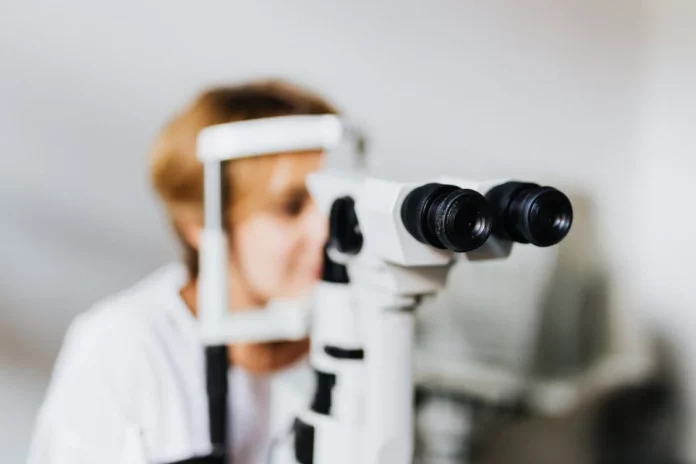According to the UK Biobank study, poor sleep quality can increase the risk of glaucoma (irreversible sight loss).
The study was published in the journal BMJ Open and the findings highlighted the requirement of sleep therapy for people at a high risk of glaucoma. Moreover, it also suggested that regular evaluation can detect early signs of the disease.
Glaucoma Risk Factors
Glaucoma, a leading cause of blindness is characterized by progressive loss of light-sensitive cells in the eye and damage to the optic nerve. However, the contributing factors are still not understood. But if left untreated it can cause irreversible blindness.
Moreover, the researchers also suggest that although population screening is not cost-effective, targeted screening of high-risk groups may be. Previously published research also suggests sleep disorders as one of the important risk factors.
Hence, to explore this problem further, the researchers studied the risk of glaucoma in people with different sleep patterns. For example, insomnia, very little sleep or too much sleep, night, or morning chronotypes, snoring, and daytime sleepiness.
There was a total of 409,053 participants in the UK Biobank. They were aged between 40 and 69; in addition, recruited from 2006 to 2010. Furthermore, all of them provided details of their sleep behaviours. Sleep patterns of seven to nine hours of sleep per day were normal. Additionally, chronotype was defined based on whether people were night owls or morning larks.
Results
Based on the average monitoring period of 10.5 years, 8690 cases of glaucoma were identified. People with glaucoma were older and were mostly male, chronic smokers suffering from high blood pressure or diabetes. This comparison was made with people who weren’t diagnosed with the disease.
Moreover, with chronotype exception, the other four sleep patterns had an association with variable increased glaucoma risk ranging from 8% to 20%. Additionally, people with daytime sleepiness were 10% more likely to have glaucoma. Whereas insomniacs and those with shorter sleep patterns were 13% more likely to have it.
Similar results were seen when categorized with different glaucoma types. However, the study relied on self-reports and not objective measurements. Moreover, glaucoma might have an influence on sleep patterns alone instead of the other way around. However, some biological explanations back the association of sleep disturbance with glaucoma according to the researchers.
Internal eye pressure is a key factor for glaucoma development, which rises when a person lies down or when sleep hormones are defective. For example, in insomnia. One of the possible causes for this could be depression and anxiety because they go hand in hand due to dysregulated production of cortisol.
Moreover, prolonged low levels of oxygen in the cells can also cause sleep apnea and might cause direct damage to the optic nerve.
Conclusion
The researchers concluded
As sleep behaviours are modifiable, these findings underscore the necessity of sleep intervention for individuals at high risk of glaucoma and potential ophthalmologic screening among individuals with chronic sleep problems to help prevent glaucoma




